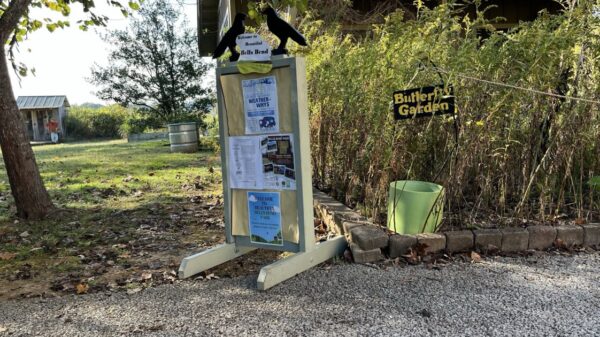Construction has commenced on the National Center for Opioid Research & Clinical Effectiveness (NCOR) at the Arkansas Children’s Hospital in Little Rock. The facility, set to open in 2027, aims to investigate the impact of opioid use and substance misuse on children, pregnant individuals, and parents. This initiative seeks to enhance research and provide community outreach, ultimately improving health outcomes for affected families.
The center will implement various programs, including the Eat, Sleep, Console Care Approach designed for newborns experiencing neonatal opioid withdrawal syndrome. Additionally, it will establish a home-visiting program and a game-based intervention targeting adolescent prescription drug misuse. These initiatives aim to create a comprehensive support system for families dealing with the repercussions of opioid exposure.
Training for healthcare providers will also be a significant focus. NCOR plans to educate at least 150 healthcare professionals across Arkansas, equipping them to identify children and youth at risk for opioid and substance use exposure. The goal is to ensure timely interventions that can make a substantial difference in their lives.
The establishment of NCOR is a collaborative effort between the Arkansas Children’s Hospital and Attorney General Tim Griffin. Griffin has allocated $55 million from opioid and vaping settlement funds to support this project, while Arkansas Children’s Hospital will contribute an additional $20 million.
During the announcement, Griffin emphasized that NCOR will be the first of its kind in the United States, significantly enhancing Arkansas’s reputation as a leader in healthcare innovation. The 65,000-square-foot facility will be situated on the Arkansas Children’s Hospital campus, ensuring close integration with existing health services. Dr. Alicia Allen, a behavioral epidemiologist, will take on the role of director for the center, guiding its research initiatives and community programs.
The establishment of NCOR highlights a proactive approach to addressing the opioid crisis, particularly among vulnerable populations. By focusing on research and education, the center aims to foster recovery-friendly environments and ultimately improve the lives of countless families in Arkansas and beyond.








































































